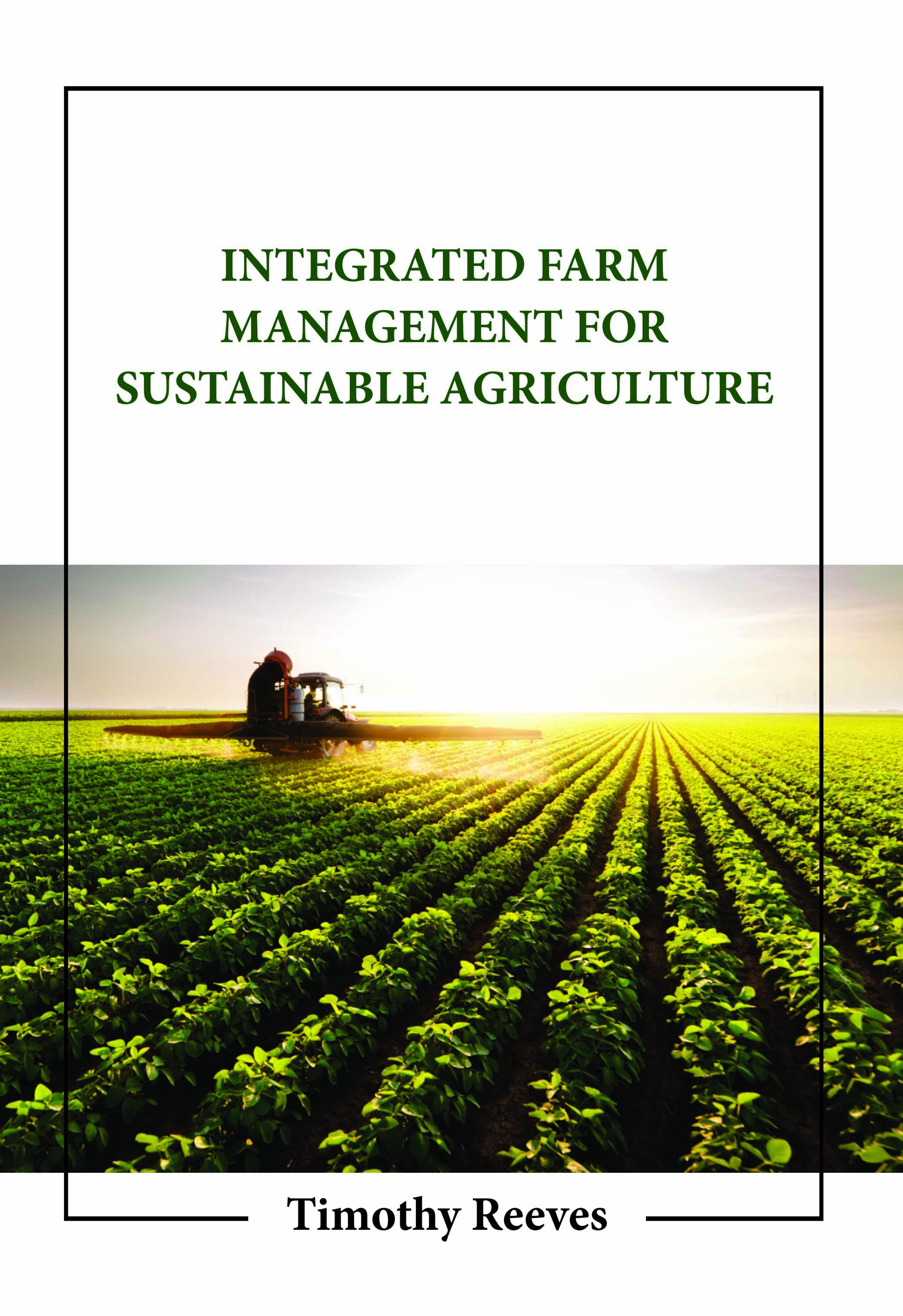
Integrated Farm Management for Sustainable Agriculture
by Timothy Reeves
| ISBN | 9781806240722 |
|---|---|
| Publisher | Digital Drive Learning |
| Copyright Year | 2026 |
| Price | $262.00 |

by Timothy Reeves
| ISBN | 9781806240722 |
|---|---|
| Publisher | Digital Drive Learning |
| Copyright Year | 2026 |
| Price | $262.00 |
Growing suitable salt-tolerant crops, managing seedbeds, grading fields to reduce local salt accumulation, soil management, improving irrigation efficiency, and soil, water, and salinity monitoring for determining leaching and drainage requirements are the main components of crop management practices for the safe use of salt-affected soils and saline water. A farm management approach called "integrated farming" strives to provide more sustainably produced food. It is a flexible strategy that may be used with any farming system worldwide. It entails careful attention to detail and ongoing development of an agricultural business in all areas through knowledgeable management procedures. According to a specific site and context, integrated farming blends the most remarkable contemporary techniques and technologies with traditions. When using cover crops, there are many management issues to consider. Choose one or more to try out after deciding your main objectives for employing cover crops. Think about combining different species. You must also choose how to integrate cover crops into your system best—whether they should be planted after the main crop, intercropped throughout some or all of the main crop's growth, or grown for the full growing season to improve the soil. Of course, the ideal situation would always be to have something growing in your fields, even if it is dormant during the winter. The book meets the need for a current, comprehensive text on integrated farming and crop management in various settings. It covers the material in the Field Crops and Farming Systems in Agronomy courses offered to students at the undergraduate and graduate levels of agricultural universities across the nation.